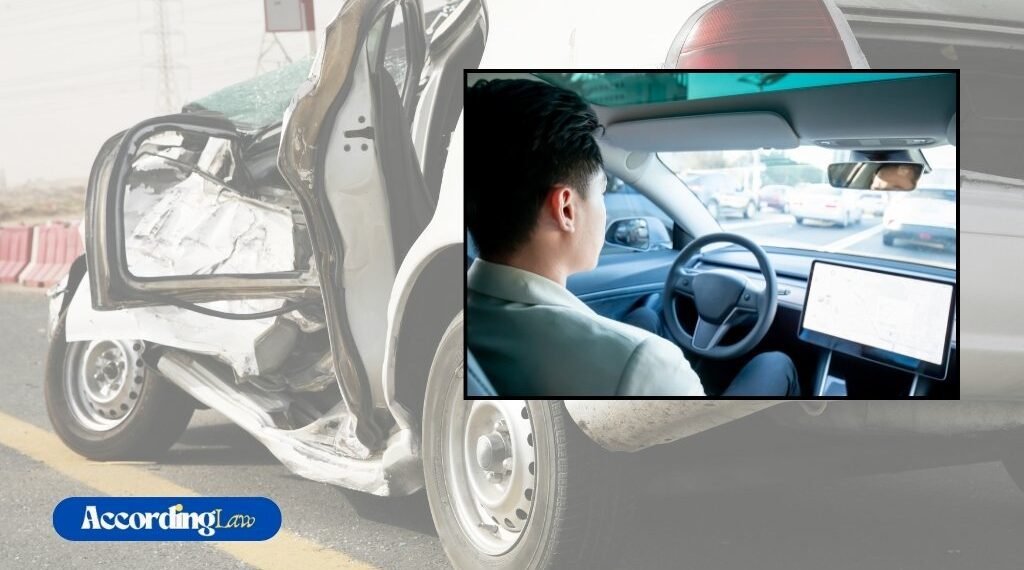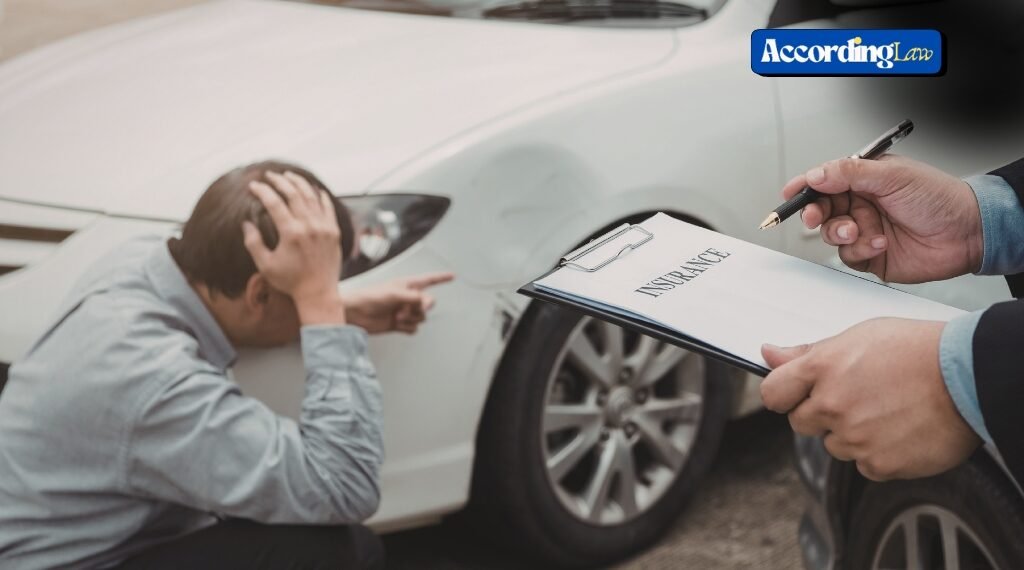Phoenix has become a testing ground for autonomous vehicles. Tech giants and ride-share companies are rolling out self-driving fleets across the city, promising a future with fewer traffic accidents, reduced congestion, and more accessible transportation. But as these cars share the road with human drivers, a critical question arises: who’s responsible when something goes wrong?
When an autonomous vehicle causes an accident, liability isn’t as straightforward as it is in traditional car crashes. Understanding the legal complexities is essential for both residents and visitors in Phoenix.
Table of Contents
Why Phoenix Is Leading the Self-Driving Car Movement
Phoenix offers near-perfect testing conditions for autonomous vehicles. With dry weather, wide roads, and supportive local regulations, companies like Waymo and Cruise have been able to pilot extensive self-driving car programs in the city.
However, as these vehicles log millions of miles, accidents are inevitable. While some crashes are minor, others raise serious questions about responsibility, safety, and compensation for injured parties.
The Complexity of Liability in Autonomous Vehicle Accidents
Unlike traditional car accidents, where a driver’s negligence is usually the focus, autonomous vehicle accidents involve a mix of human and technological factors. Liability could fall on different parties depending on the circumstances:
Determining liability requires a thorough investigation involving technology, data analysis, and often expert testimony.
How Arizona Law Approaches Autonomous Vehicles
Arizona is one of the most permissive states when it comes to self-driving car testing and deployment. Governor-issued executive orders have created a welcoming regulatory environment, but laws around accident liability are still developing.
Currently, Arizona law allows fully driverless cars to operate without a human behind the wheel. This creates gray areas for liability, especially when a crash involves only the autonomous system. Courts must balance traditional negligence principles with product liability frameworks, making cases highly complex.
Common Causes of Self-Driving Car Accidents
Even with advanced sensors and algorithms, self-driving cars aren’t flawless. Some recurring issues include:
Each of these factors complicates the question of responsibility when accidents occur.
Steps to Take After an Autonomous Vehicle Accident
If you’re involved in a crash with a self-driving car, the aftermath may feel unfamiliar. Here are key steps to protect yourself:
Why Legal Guidance Matters
Autonomous vehicle accidents involve cutting-edge technology and unsettled legal frameworks. Insurance companies and tech firms may try to minimize payouts or shift blame. Having legal representation ensures you’re not navigating this uncharted territory alone.
An experienced attorney can:
Final Thoughts
Phoenix is at the forefront of the self-driving revolution, but innovation comes with challenges. As autonomous vehicles become more common, accidents will raise complex liability questions that go beyond traditional traffic laws.
For those injured in these incidents, understanding your rights and seeking proper legal guidance is essential. While self-driving cars may represent the future of transportation, ensuring fair accountability today remains just as important.


